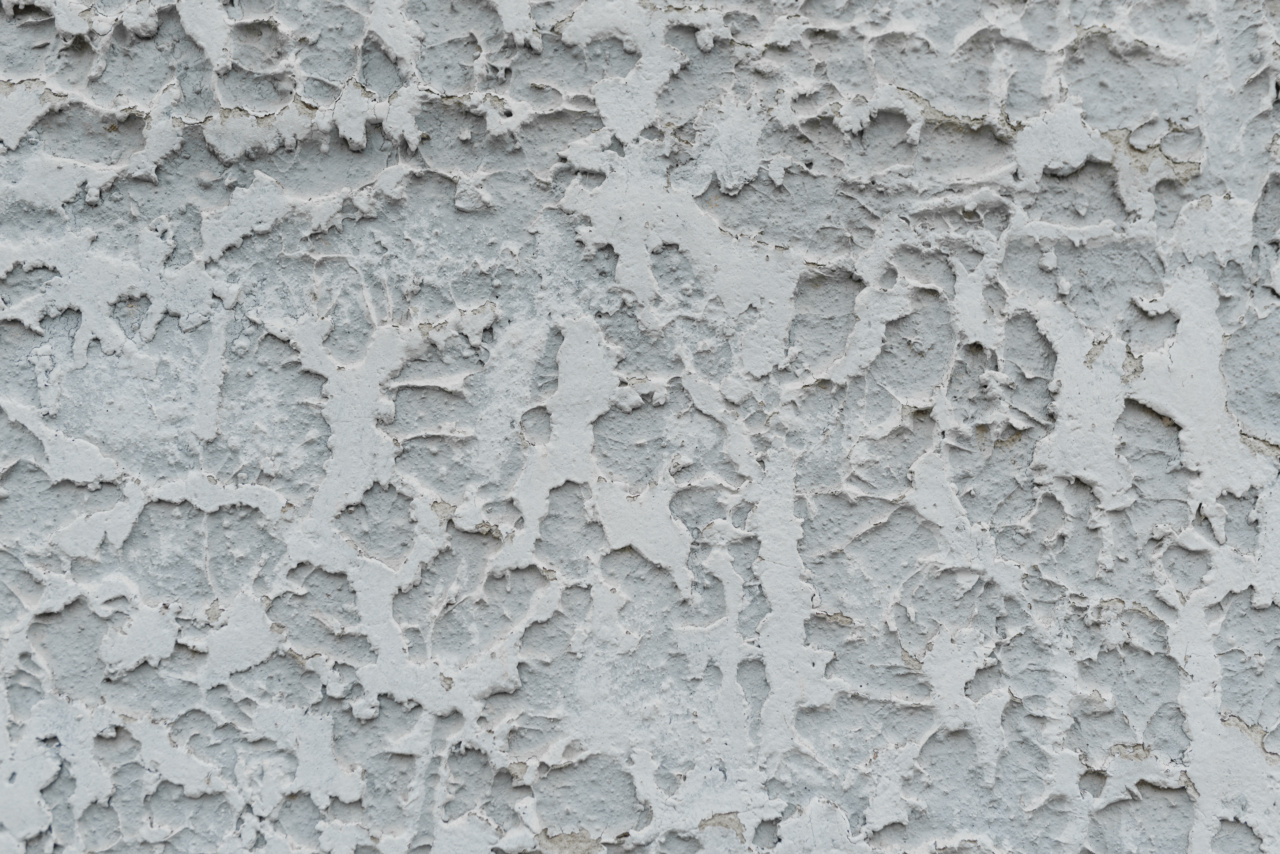Gastritis is a condition characterized by the inflammation of the stomach lining. It can occur suddenly, known as acute gastritis, or as a chronic condition that persists over time.
This inflammation can result in various symptoms such as abdominal pain, bloating, indigestion, nausea, and vomiting. If left untreated, gastritis can lead to more severe complications, including ulcers and stomach bleeding. However, with quick and effective relief strategies, you can alleviate the symptoms and promote the healing of the stomach lining.
Causes of Gastritis
There are several factors that contribute to the development of gastritis. The most common causes include:.
1. Helicobacter pylori Infection
Helicobacter pylori (H. pylori) is a type of bacteria that can infect the stomach lining and cause inflammation. It is one of the leading causes of gastritis. H.
pylori infection is typically contracted through contaminated food and water, and it can also spread through close personal contact.
2. Non-Steroidal Anti-Inflammatory Drugs (NSAIDs)
Regular and long-term use of NSAIDs like aspirin, ibuprofen, and naproxen can irritate the stomach lining and cause gastritis.
These medications inhibit the production of prostaglandins, which are responsible for protecting the stomach lining from acid damage.
3. Excessive Alcohol Consumption
Drinking excessive amounts of alcohol on a regular basis can irritate and inflame the stomach lining, leading to gastritis. Alcohol increases the production of stomach acid, which can further contribute to inflammation and damage.
4. Autoimmune Disorders
Autoimmune disorders, such as autoimmune gastritis, can cause the immune system to mistakenly attack the cells of the stomach lining. This leads to inflammation and damage over time.
5. Stress and Lifestyle Factors
Chronic stress and unhealthy lifestyle habits, such as smoking and poor diet, can increase the risk of developing gastritis. These factors can weaken the stomach lining and make it more susceptible to inflammation.
Treating Gastritis
When it comes to treating gastritis, quick and effective relief is paramount. Here are some strategies that can help alleviate symptoms and promote healing:.
1. Antibiotics for H. pylori Infection
If your gastritis is caused by an H. pylori infection, your doctor may prescribe a course of antibiotics to eradicate the bacteria. This is typically done in combination with acid-suppressing medications to reduce stomach acid and promote healing.
2. Acid-Suppressing Medications
Proton pump inhibitors (PPIs) and histamine-2 blockers (H2 blockers) are commonly prescribed to reduce stomach acid production and provide relief from gastritis symptoms. These medications help protect the stomach lining and allow it to heal.
3. Avoiding Trigger Foods and Substances
Identifying and avoiding foods and substances that trigger your gastritis symptoms is crucial for managing the condition. Common triggers include spicy and acidic foods, caffeine, alcohol, and NSAIDs.
Maintaining a food diary can help you identify these triggers and make necessary dietary changes.
4. Dietary Modifications
Adopting a gastritis-friendly diet can support healing and relieve symptoms. It is recommended to consume small, frequent meals and avoid large, heavy meals that can put additional stress on the stomach.
Opt for easily digestible foods such as lean proteins, fruits, vegetables, whole grains, and probiotics. Avoid greasy, fatty, and processed foods as they can aggravate gastritis.
5. Stress Management
Reducing stress levels is essential for managing gastritis. Engage in stress-reducing activities such as regular exercise, deep breathing exercises, meditation, and yoga.
Prioritizing self-care and finding healthy coping mechanisms for stress can significantly improve gastritis symptoms.
6. Natural Remedies
Several natural remedies can provide relief from gastritis symptoms. These include:.
a. Aloe Vera Juice
Aloe vera has anti-inflammatory properties that can soothe the stomach lining. Drink a quarter cup of aloe vera juice before meals to alleviate symptoms.
b. Ginger
Ginger is known for its digestive benefits. Drink ginger tea or chew on a small piece of fresh ginger to reduce inflammation and relieve discomfort.
c. Probiotics
Probiotics promote a healthy gut and can aid in healing gastritis. Consider taking a high-quality probiotic supplement or consuming foods rich in probiotics, such as yogurt and sauerkraut.
d. Chamomile Tea
Chamomile tea has anti-inflammatory properties and can help soothe an inflamed stomach. Drink a cup of chamomile tea before bed for relief.
e. Slippery Elm
Slippery elm is a herbal remedy that forms a protective coating over the stomach lining, reducing inflammation and providing relief. Take slippery elm supplements or drink slippery elm tea as directed.
When to Seek Medical Attention
While these quick and effective relief strategies can alleviate gastritis symptoms, it is important to consult a healthcare professional if:.
a. Symptoms Persist or Worsen
If your symptoms do not improve or worsen despite attempting various self-care measures, it is important to seek medical attention. Your doctor can evaluate your condition and suggest further appropriate treatment.
b. Severe Symptoms Arise
If you experience severe symptoms such as persistent vomiting, blood in the stools or vomit, severe abdominal pain, or difficulty swallowing, seek immediate medical attention.
These symptoms may indicate more serious complications that require urgent treatment.
c. Frequent Recurrence of Gastritis
If you experience frequent episodes of gastritis, it is advisable to consult a healthcare professional to identify the underlying cause. Chronic gastritis may require long-term management and monitoring.
Conclusion
Gastritis can be a bothersome and uncomfortable condition, but with quick and effective relief strategies, you can alleviate the symptoms and promote the healing of the stomach lining.
Focus on identifying and avoiding trigger foods and substances, adopting a gastritis-friendly diet, managing stress levels, and considering natural remedies. Additionally, always seek medical attention if your symptoms persist, worsen, or if you experience any severe or recurrent symptoms. With the right approach, you can find relief from gastritis and improve your overall digestive health.































